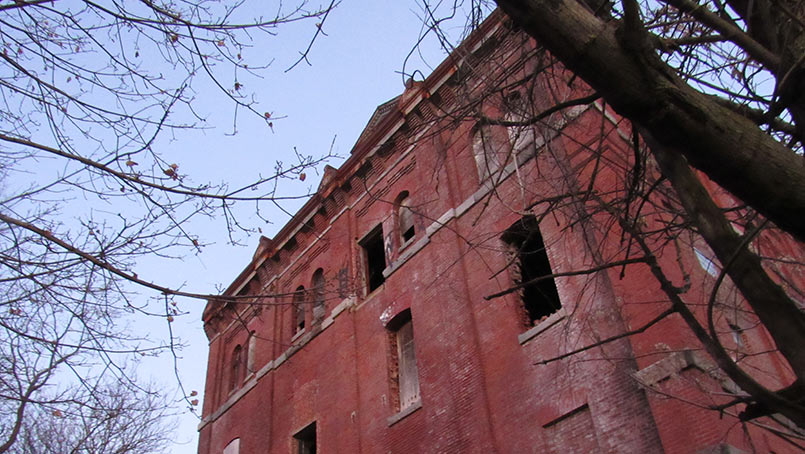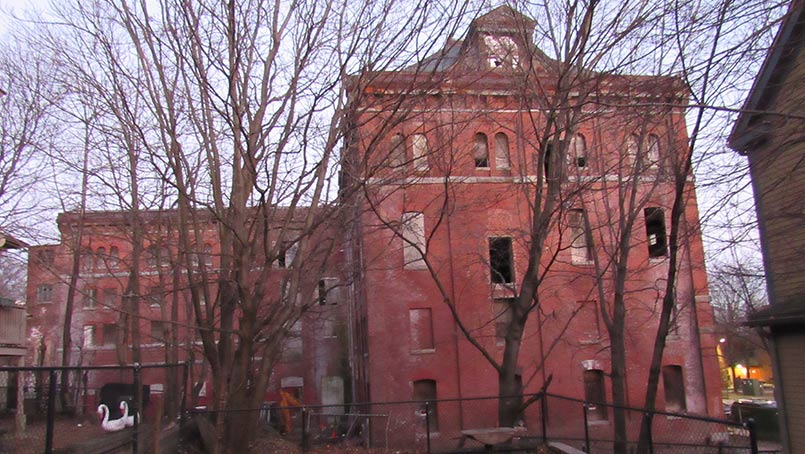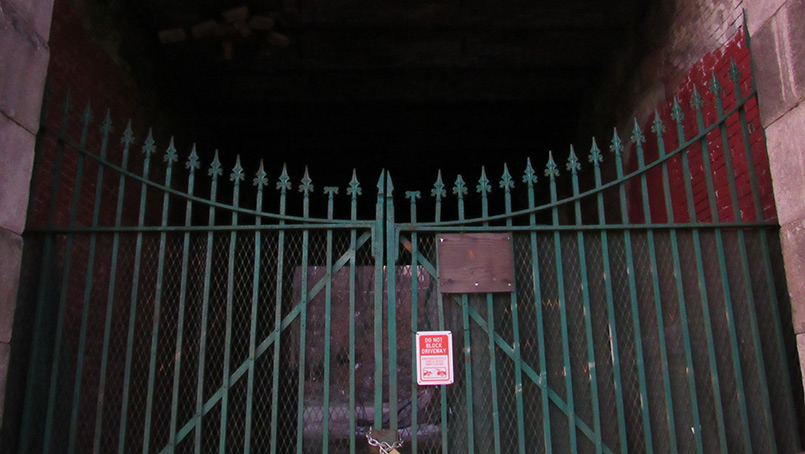
31 Jan 2019 Brews and Mortar: The Future of Eblana Brewery
Boston’s love for breweries dates back to 1630 when the first beer brewing license was issued by the city. The Commonwealth of Massachusetts today, has over 130 breweries operating within its jurisdiction, with Greater Boston clocking in around 30 and the city of Boston around 20.
Late 1800’s to 1919 saw tremendous growth in the beer production and the construction of breweries in Boston. Prior to prohibition and during the heydays of beer brewing, Boston housed 31 breweries – the city with highest breweries per capita in the United states at the time. Of the 31, Jamaica Plain and Roxbury were home to over 20 breweries. This concentration of the beer industry within a small area was a result of availability of cheap land due to Roxbury becoming a part of Boston in 1868; and an abundant supply of crystal clear water from the Stony Brook aquifer and also through ground water wells. Prohibition was followed by a brief period of renewal. However, the rise national brewing giants such as Anheuser-Busch and MillerCoors resulted in termination of brewing operations. So began the quest for a second act for these buildings, a quest that continues to this day for many of these monumental breweries.

One such brewery on Heath Street in the Mission Hill neighborhood is the John R. Alley brewery. Famously known as the “Eblana” Brewry as it produced the “Eblana” Irish ale; Eblana being the Greek word for Dublin. Designed by Otto Wolf, a Philadelphia architect, the 4-storey structure was completed in 1886. The brewery boasted of one of the most technologically advanced operation at the time when it was constructed. A second 2-storey refrigeration unit was added in 1899.
The brick and granite buildings, although deteriorated, still retain much of the original color details. The character defining features include the hipped roof brick oriel supported by the rough-faced braces set over granite trimmed segmented arched portal framed at sides with alternating smooth and rough granite blocks.

Like most Jamaica Plain/ Roxbury breweries ceased beer manufacturing in 1918-19 due to prohibition. During and after Prohibition the plant was used for wool warehousing, medical equipment manufacturing, bottling Canada Dry Ginger Ale, and for repair and manufacturing of auto parts.
In 2005, a real estate developer proposed converting the brewery to lofts, a plan that failed to take off due to the Great Recession of 2008-9. Following which the complex was purchase by its current owner- Triad Alpha Partners. In 2013, the current owners proposed to demolish the buildings to make way for luxury condos. The property has been left exposed to the elements and vandalism. Although demolition has not yet occurred, it is very real threat.



